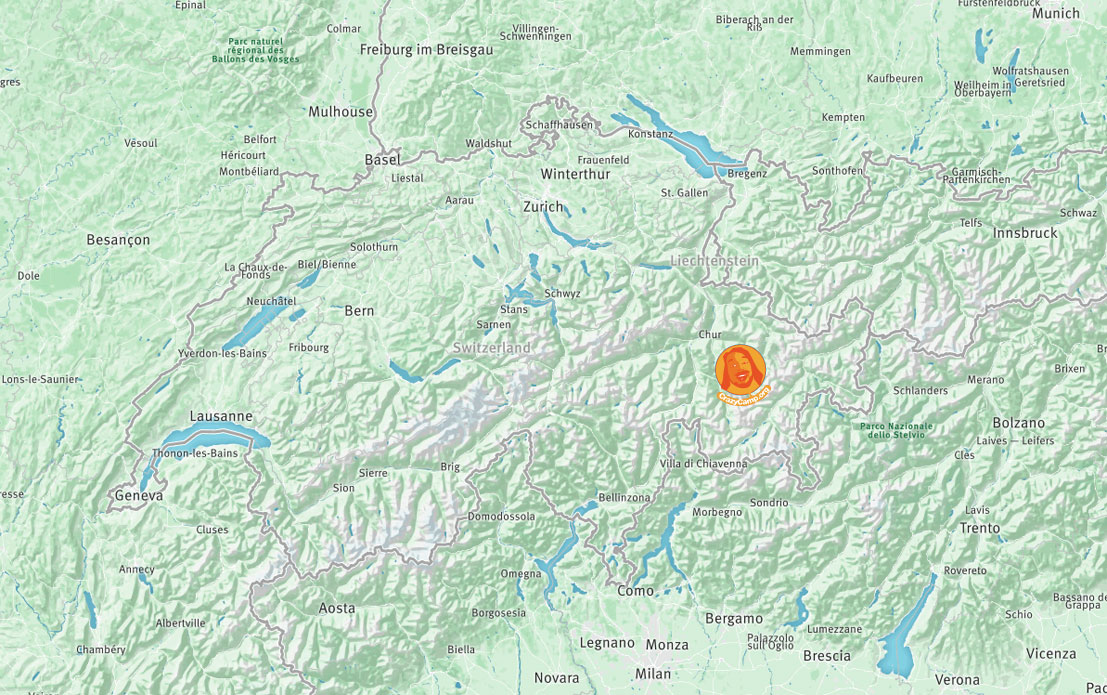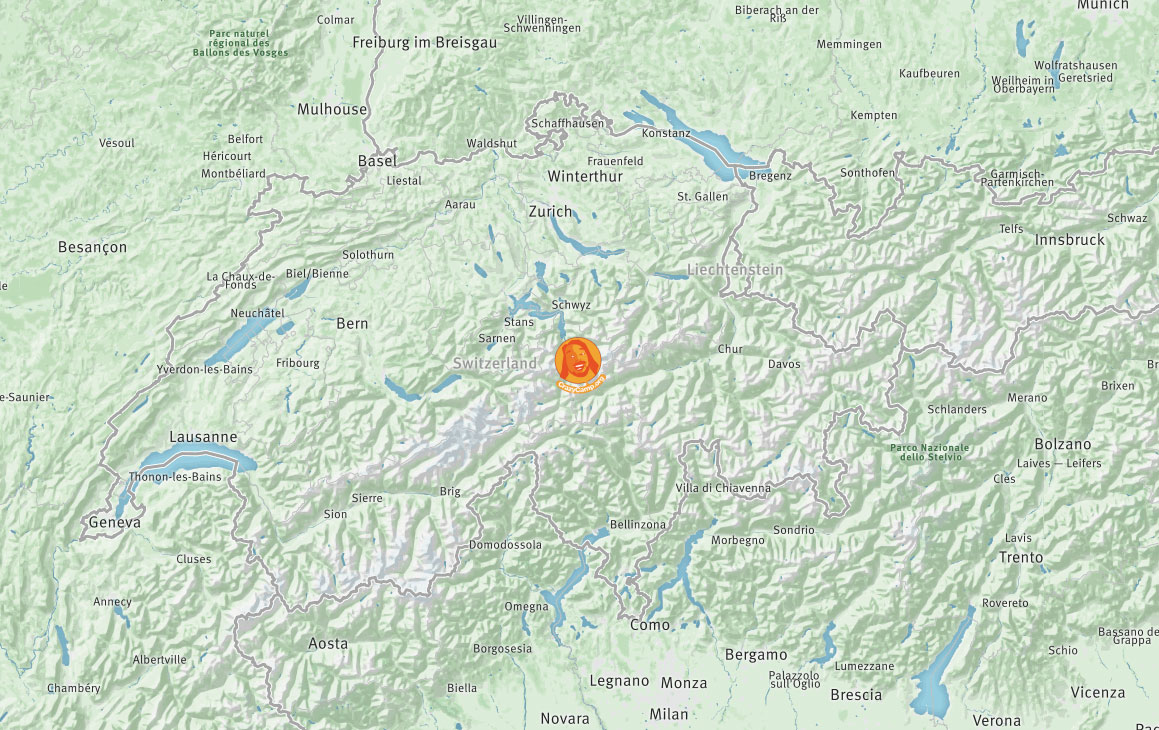Our fresh tags for your vegan retreat
Starting with the Crazy Camps of winter 22/23, you will see a logo tag saying “Plant-based” in the event description. Now even though most Crazy Camp participants are not meat addicts, vegans are a minority. So then why do I put this ‘restriction’ on the Crazy Camps? Read on to see if my reasons are sound or not.
A vegan holiday with restricted access?
Participation in Crazy Camps is not restricted to vegetarians or vegans. If you’re a meat eater, you’re perfectly welcome. It’s just that we will not use some products. Whatever you eat before and after the Crazy Camp, is your business.
This having said, if you are vegetarian or vegan, it is really nice to know that there is a place where you can simply experience a ‘vegan holiday’. Here you don’t have to think all the time about what you can eat and what not. No need to ask around or ‘bother’ others with your preferences.
Reasons for a vegan retreat
There are several reasons why I choose to organise the Crazy Camps as plant-based events:
- Ecology
- Animal well-being
- Human well-being
- Authentic connection
There is an added bonus on top of these reasons. Crazy Camps are a good occasion for non-vegans to experience how opulent, varied and delicious plant-based meals can be! Non-vegans will experience this as an expansion of their life.
Ecology
Climate change is probably something that you think about when you consider a vegan holiday. Livestock provides just 18% of calories but takes up 83% of farmland. Without meat and dairy consumption, we could reduce global farmland by more than 75%. That is an area equivalent to the US, China, European Union and Australia combined. And we would still be able to feed the world. Loss of nature to agriculture is the leading cause of mass extinction of wildlife. Also, pandemics like Ebola and Covid matter in this context. Loss of nature means more intense contact between wildlife that carries those viruses, and people. We often hear that the Amazon rain forest is being destroyed for soya cultivation. We use this soy only for feeding livestock! Soy for tofu, meat replacement etc. grows in traditional farming areas in Europe (speaking about European market). Animal farming contributes enormously to greenhouse gas emissions, air pollution and water pollution. Avoiding meat and dairy is the ‘single most impactful way’ to reduce your adversary impact on Earth.
Animal well-being
The way meat and dairy are being produced these days, is not quite relaxed. Some say it is like a war on animals. I recommend you to go to Youtube and search for “industrial animal farming” so that you can learn about what is going on. And organic farming is hardly any better. “Hey, but in summer we see all these happy cows walking around on the beautiful green meadows in the mountains,” right? Well, at least two things make these cows rather miserable. First of all, by nature cows are not mountain animals, so they struggle to move around. Second, they spend 6 months or more of every winter inside in stables without ever coming outside. They are prisoners of our privilege.
Human well-being
Did you look at the Youtube video’s? If you did, then you understand that by consuming meat and dairy, you consume suffering. There is no way in which this can be healthy. Indeed, scientists associate meat consumption with, amongst others, an increased risk of cardiovascular diseases, colorectal cancer and type 2 diabetes. We don’t need meat or dairy for anything. Iron, proteins, calcium, vitamins are all plenteous in many plant-based foods. If someone has a lack of one of these, it’s not because they are vegan; it’s because they eat an unbalanced diet. The only serious candidate for deficiency is B12, and there are simple vegan pills for that. By the way, it seems that most vegans don’t have a lack of B12.
Keep in mind as well that the elements mentioned under ‘Ecology’ affect everybody, not only meat/dairy consumers.
"But... it's natural for humans to eat meat!" In the roughly half a million years of human existence, meat did play a role in our survival. But livestock farming is an unrelated story. We started doing that only roughly 10.000 years ago. Industrial livestock farming is even much more recent. A neglectable period in the context of the full length of human existence. Until 10.000 years ago, we were strictly hunters-gatherers. We were a small quantity of humans in a world populated by much bigger amounts of animals. When we would go out hunting for meat, animals would have a honest chance of escaping. If you argue that ‘it is natural for humans to eat meat’, then that is the situation that you are referring to. Eating meat and dairy from livestock farming is in no way natural for humans. Anyway, if ‘what is natural for humans’ is your concern, then please get rid of your laptop. And of your seated job, your smartphone and Netflix; none of those are ‘natural for humans’.Authentic connection
In the Crazy Camps, and even more so in the Crazy Balance Camps, connection is a keyword. We are looking to enhance the connection with ourself and with the others. Authentic connection is not an easy thing to achieve in our quotidian lives. Cerebral patterns, social survival strategies, cultural gender roles, and prejudice are just some of the elements that tend to influence the quality of our connections. They ‘stand between’ us and the others, and even between us and ourself.
When you eat meat or diary, you consume things that are not supposed to be in the human body. For dairy this is very obvious – mammals produce milk for their own babies, not for different species. But when it comes to meat, it’s not just (also on a spiritual level) the animals’ suffering that we take in. It’s also a lot of antibiotics, and hormonal imbalance. The animal farming lobby will point you out to the fact that at least the EU forbids to give ‘growth hormones’ and preventative antibiotics to cattle. But there are exceptions to the hormones rule, such as in the case of fertility problems of the animal. And currently fertility problems in cattle are becoming more and more frequent. As for antibiotics: in the world, the industry produces more antibiotics for cattle than for humans. They’re simply not labelled ‘prophylactics’ anymore, now they’re labelled ‘medicine’.
Vegan vacation or plant-based?
I have been using these two terms mixed in this blog. Now it’s time to make a distinction. There is no official definition of ‘vegan’ or ‘plant-based’ but I would say that even the Crazy Balance Camps are plant-based rather than vegan. Plant-based is the frequent term for food without any ingredients of animal origin. Vegan implies a life style without any products of animal origin. For example: no leather shoes, no wool cardigan, no medicine that was tested on animals. At the Balance Camps we do not consume any ingredients of animal origin. But if you have a pair of leather hiking boots, just bring them. For me personally, it doesn’t make sense to throw them if they’re still good. Just try to avoid buying leather if you need a fresh pair :) The same goes for wool clothes. Plus, in most of the mountain huts where we stay, you will find woolen blankets to sleep under. They are almost always second hand wool blankets from the Swiss army. If you don’t want to touch wool, just make sure to bring your own sleeping bag, even if it’s written that there are blankets in the hut.
So that is the reason that I am reluctant to announce Crazy Camps as ‘vegan retreats’, I rather call them ‘plant-based holidays’.
This the current offer of plant-based vacations:

UPCOMING:
Crazy Mountain Balance Camp 2025
Enjoy a transformative journey that will help you reset the connection between your mind, body, and spirit. Pamper yourself with mountain hiking, yoga, meditation, and connective group activities. Refresh your senses with a dip in a pristine mountain lake. Experience the revitalising effect of simplicity. Read on to learn more about this incredible opportunity to boost your life energy.
- 7 until 13 July 2025
- Yoga, meditation, and hiking
- Supportive international group
- Community living
- Alcohol-free space for genuine connection
- Rich and delicious plant-based nutrition

UPCOMING:
Crazy Mountain Balance Camp 2025
Enjoy a transformative journey that will help you reset the connection between your mind, body, and spirit. Pamper yourself with mountain hiking, yoga, meditation, and connective group activities. Refresh your senses with a dip in a pristine mountain lake. Experience the revitalising effect of simplicity. Read on to learn more about this incredible opportunity to boost your life energy.
- 7 until 13 July 2025
- Yoga, meditation, and hiking
- Supportive international group
- Community living
- Alcohol-free space for genuine connection
- Rich and delicious plant-based nutrition
Sources
I did not make up these arguments, obviously. Here are some sources that I used:
https://www.virbac.nl/producten/rund/algemene-gezondheidsinformatie/vruchtbaarheidsproblemen
https://www.news-medical.net/health/What-Are-the-Negative-Health-Effects-of-Eating-Meat.aspx
https://josephpoore.com/Science%20360%206392%20987%20-%20Accepted%20Manuscript.pdf
https://www.greenpeace.de/publikationen/gute-gruende-weniger-fleisch-essen





